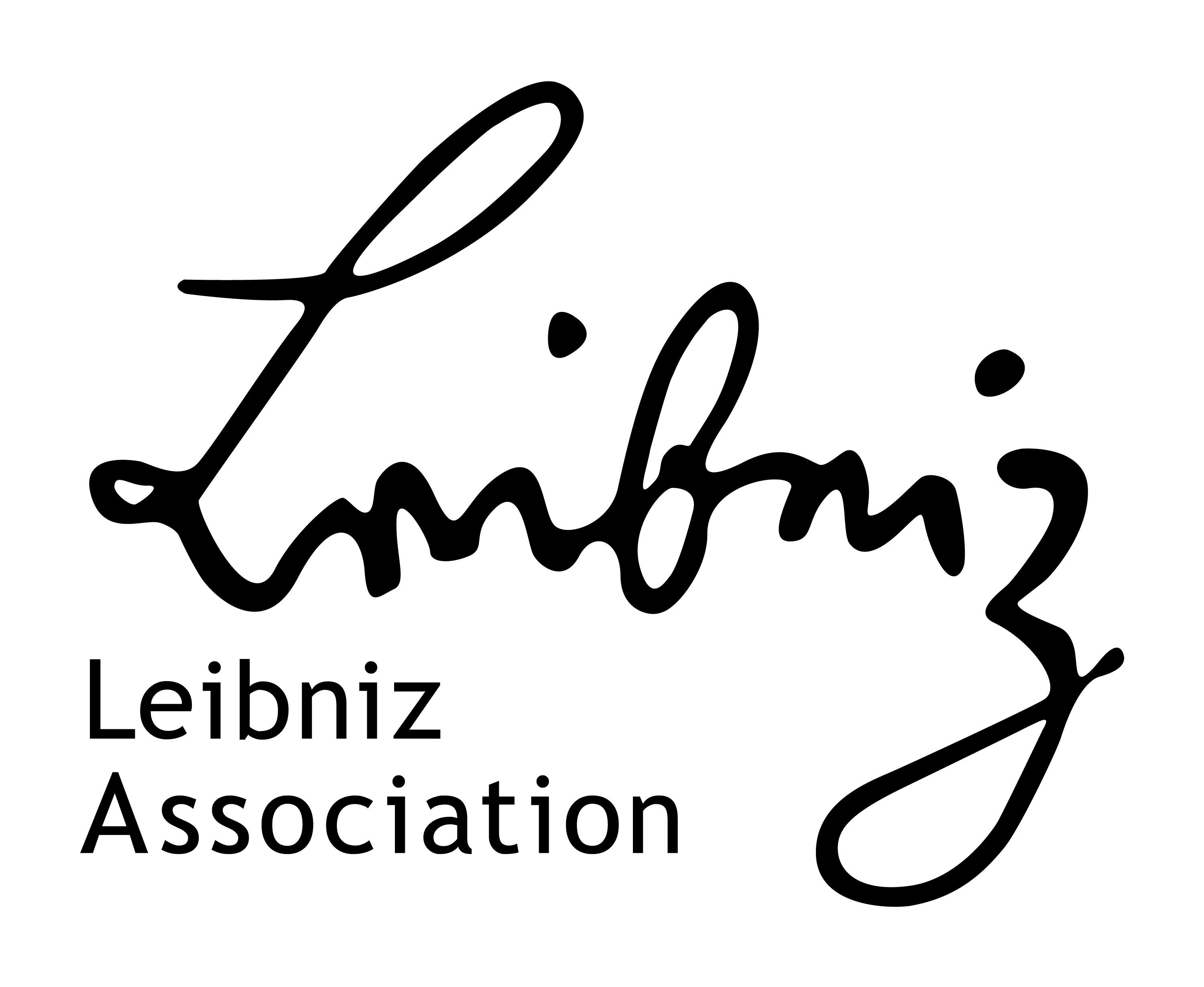Edoardo Pinzuti, PhD student I Email: edoardo.pinzuti@lir-mainz.de
Nicolas Ruffini, PhD student I Email: nicolas.ruffini@lir-mainz.de
Dr Alexandra Sebastian, Postdoc I Email: alexandra.sebastian@lir-mainz.de
Our research group uses modern methods of cognitive behavioural research (behavioural tests and ambulatory assessments) and neurophysiology (fMRI, DTI/VBM, EEG/fMRI, EEG, MEG, EEG/MEG, PET, and imaging genetics) to understand neurocognitive mechanisms of mental resilience of stress-related diseases. Thematic focuses are the systematic study of self-control as a resilience mechanism, in particular the cognitive domains of emotion regulation (ER), impulse control (IC), attention (AC), and social interaction, as well as the translational mechanisms of stress vaccination, taking into account interindividual differences and age processes. Neuronally, hypotheses on oscillatory mechanisms and differences in network excitability on individual resilience are investigated.
- Neuronal network mechanisms of self-regulation as a resilience mechanism
- Network stability as a neurobiological entity in resilience research
- Resilience promotion through stress inoculation
- Leibniz Research Alliance “Resilient Ageing” - Leibniz Research Alliance (LRA) “Resilient Ageing” together with 13 other Leibniz Institutes
- Development of instruments for dynamic systems analysis in resilience research (IDSAIR)
- Prof. Dr Michael Wibral, Campus Institute for Dynamics of Biological Networks, Georg August University Göttingen
- Prof. Dr Dr. Henrik Walter, Psychiatrie, Humboldt University, Charité, Berlin
- Prof. Dr Birte Forstmann, University of Amsterdam, the Netherlands
- Prof. Dr David Silbersweig, Brigham & Woman's Hospital, Harvard University, Boston, USA
- EU Horizon & ERA-NET NEURON
- Japanese Science and Technology Agency (JST)
- Ministerium für Arbeit, Soziales, Transformation und Digitalisierung (MASDT)
- Bundesministerium für Forschung, Technologie und Raumfahrt
- Europäischen Fonds für regionale Entwicklung (EFRE)
- Ministerium für Wissenschaft und Gesundheit Rheinland-Pfalz
Petri-Romão P, Mediavilla R, Restrepo-Henao A, Puhlmann LMC, Zerban M, Ahrens KF, Barbui C, Basten U, Bayón C, Chmitorz A, Felez-Nobrega M, Kollman B, Lieb K, McDaid D, McGreevy KR, Melchior M, Muñoz-Sanjosé A, Neumann R, Park A-L, Plichta MM, Purgato M, Reif A, Schenk C, Schick A, Sebastian A, Sijbrandij M, Smith P, Tüscher O, Wessa M, Yuen KSL, Haro JM, Ayuso-Mateos JL, Kalisch R (2025) Evidence for a role for positive appraisal style in stress resilience. Nat Commun. Accepted in principle
Zhao N, Vogel DL, Kubiak T, Mey LK, Morello K, Tüscher O (2025) Self-compassion in the moment: Dynamic changes of compassionate and uncompassionate self-responding in daily life. J Couns Psychol. doi: 10.1037/cou0000798. Epub ahead of print.
>> Link to PubmedAdorjan K, Dong MS, Wratil PR, Schmacke NA, Weinberger, Steffen J, Osterman, A, Choukér A, Mueller TT, Jebrini T, Wiegand HF, Tüscher O, Lieb K, Hornung V, Falkai P, Klein M, Keppler OT, Koutsouleris N (2024) Development and Validation of a Simple Tool for Predicting Pandemic-Related Psychological Distress Among Health Care Workers. J Technol Behav Sci. 9, 552–566. doi: 10.1007/s41347-023-00380-9
>> Link to articleAhrens KF, Schenk C, Kollmann B, Puhlmann LMC, Neumann RJ, Schäfer SK, Reis D, Basten U, Weichert D, Fiebach CJ, Lutz B, Wessa M, Repple J, Lieb K, Tüscher O, Reif A, Kalisch R, Plichta MM (2024) Resilience to major life events: Advancing trajectory modeling and resilience factor identification by controlling for background stressor exposure. Am Psychol. 79(8):1076-1091. doi: 10.1037/amp0001315
>> Link to PubmedAndres E, Chuan-Peng H, Gerlicher AMV, Meyer B, Tüscher O, Kalisch R (2024) Replication study on the role of dopamine-dependent prefrontal reactivations in human extinction memory retrieval. Nat Commun. 15(1):2699. doi: 10.1038/s41467-024-46936-y
>> Link to PubmedFischer FU, Gerber S, Tüscher O (2024) Alzheimer’s Disease Neuroimaging Initiative. Mathematical model of the Alzheimer's disease biomarker cascade demonstrates statistical pitfall in identifying surrogates of cognitive reserve. iScience. 27(11):111188. doi: 10.1016/j.isci.2024.111188
>> Link to PubmedMarciniak MA, Shanahan L, Yuen KSL, Veer IM, Walter H, Tuescher O, Kobylińska D, Kalisch R, Hermans E, Binder H, Kleim B (2024) Burst versus continuous delivery design in digital mental health interventions: Evidence from a randomized clinical trial. Digit Health. 10:20552076241249267. doi: 10.1177/20552076241249267
>> Link to PubmedPetri-Romão P, Engen H, Rupanova A, Puhlmann L, Zerban M, Neumann RJ, Malyshau A, Ahrens KF, Schick A, Kollmann B, Wessa M, Walker H, Plichta MM, Reif A, Chmitorz A, Tuescher O, Basten U, Kalisch R (2024) Self-report assessment of Positive Appraisal Style (PAS): Development of a process-focused and a content-focused questionnaire for use in mental health and resilience research. PLoS One. 19(2):e0295562. doi: 10.1371/journal.pone.0295562
>> Link to articleReinwarth AC, Wicke FS, Rückert KK, Schattenberg JM, Tüscher O, Wild PS, Münzel T, König J, Lackner KJ, Pfeiffer N, Beutel ME (2024) Change of self-rated physical health predicts mortality in aging individuals: results of a population-based cohort study. Arch Public Health. 82(1):130. doi: 10.1186/s13690-024-01363-9
>> Link to PubmedWenzel M, Ringwald WR, Kaurin A, Tüscher O, Kubiak T, Wright AGC (2024) Neuroticism is Associated With Greater Affective Variability at High Levels of Momentary Affective Well-Being, but With Lower Affective Variability at Low Levels of Momentary Affective Well-Being. J Pers. doi: 10.1111/jopy.12972. Online ahead of print.
>> Link to Pubmed




